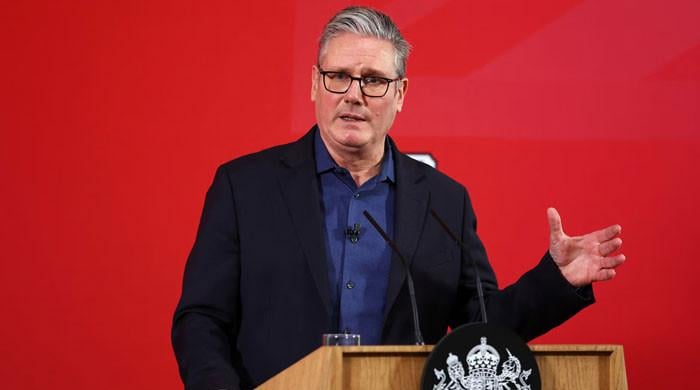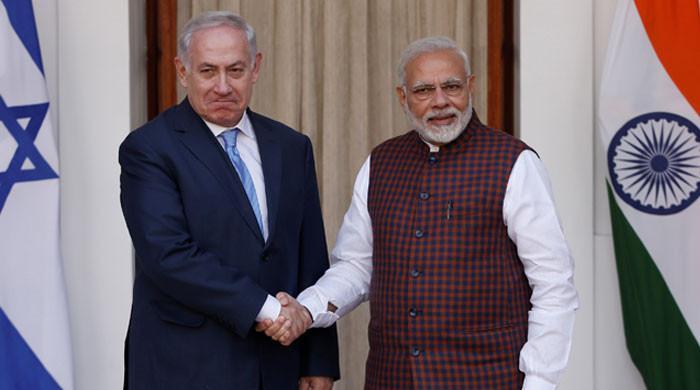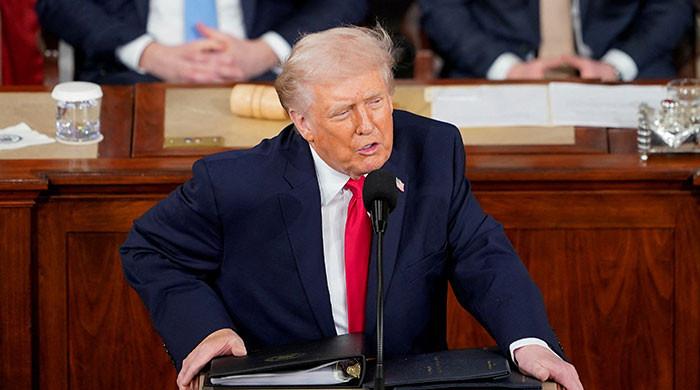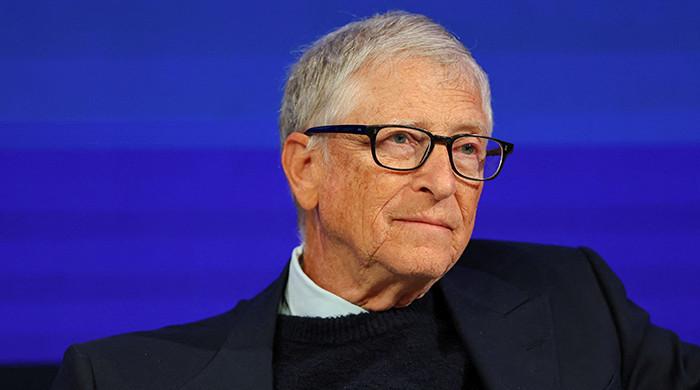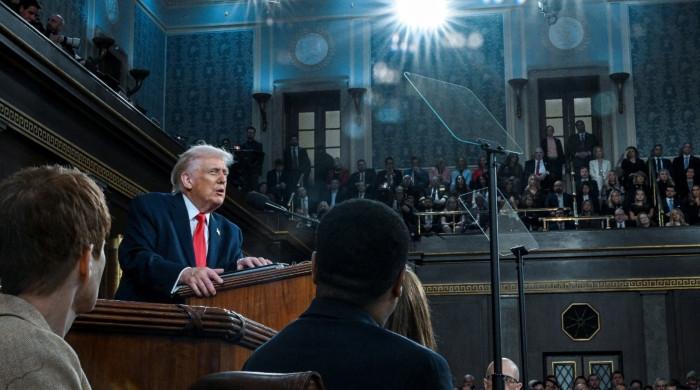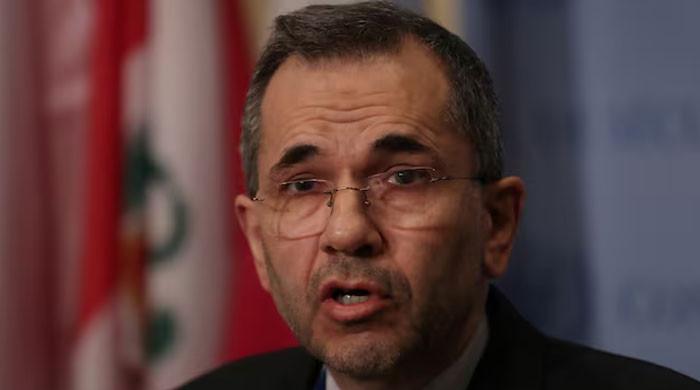Donald Trump to impose 60% tariff on Chinese imports after reelection
As Donald Trump inches closer to White House, he told his supporters that he would reverse China's status as MFN
January 29, 2024
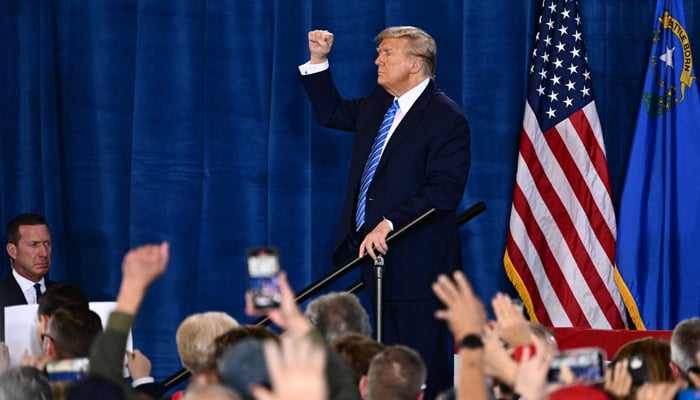
Former US President and Republican presidential forerunner Donald Trump expressed his intentions before his advisors to impose 60% flat tariffs on Chinese imports after he comes to power again, according to the Washington Post Saturday.
Donald Trump has been a clear forerunner to secure the Republican primary, with all-out efforts to secure the presidency once again despite his legal troubles.
However, experts warned that if such would be a case regarding tariffs, then this would have adverse impacts on the global economy. This would also have impacts far worse than the trade war that the former president had started with China in 2018.
According to the sources quoted in the Washington Post stated that Trump discussed with advisers "the possibility of imposing a flat 60% tariff on all Chinese imports."
As Trump is inching closer to assuming the US presidency, he has told his supporters that he would reverse China's status as a most favoured nation for trade.
Those countries involved in trade with the US, all enjoy the status of MFN. For those who do not fall under this category, the US can impose tariffs on their imported goods.
The four-time indicted former president claimed that currently, the US has the world’s lowest import levies, as this money is a crucial support for the country’s budget, criticising President Joe Biden, and vowing tougher position against China.
The 77-year-old, during campaigns, also said to slash corporate taxes to increase earnings.
"The 2018 to 2019 trade war was immensely damaging, and this would go so far beyond that it’s hard to even compare to that,” Erica York, senior economist at the Tax Foundation, was quoted as saying in the Washington Post. "This threatens to upend and fragment global trade to an extent we haven’t seen in centuries."
The current duties imposed on China are largely maintained by Joe Biden that were imposed by his predecessor. However, the 81-year-old president restricted Chinese access to semiconductors and other equipment.
During his presidency, Trump roughly added $8 trillion to the national debt during his first term through higher spending and tax cuts, the Post report mentioned.
"I took on Communist China like no administration in history, bringing in hundreds of billions of dollars pouring right into our Treasury when no other president had gotten even literally 10 cents out of China," the former president said before winning primary elections in New Hampshire. "Nobody even tried. We took in hundreds of billions of dollars."
A report by the US-China Business Council, Oxford Economics released in November noted that the end of the permanent normal trade with China would cost the country’s economy $1.6 trillion.
The total US imports from China stood at roughly $550 billion in 2022, Washington Post data stated.
“The current average tariff rate on those goods was about 12 percent — Trump imposed 25% tariffs on roughly $150 billion in goods, and an additional 7.5% on another $100 billion, while the remaining imports from China were taxed at a roughly 2 or 3% rate on average," York of the Tax Foundation said.
The Post reported citing experts that such a decision by the former president would spark a global trade war.




